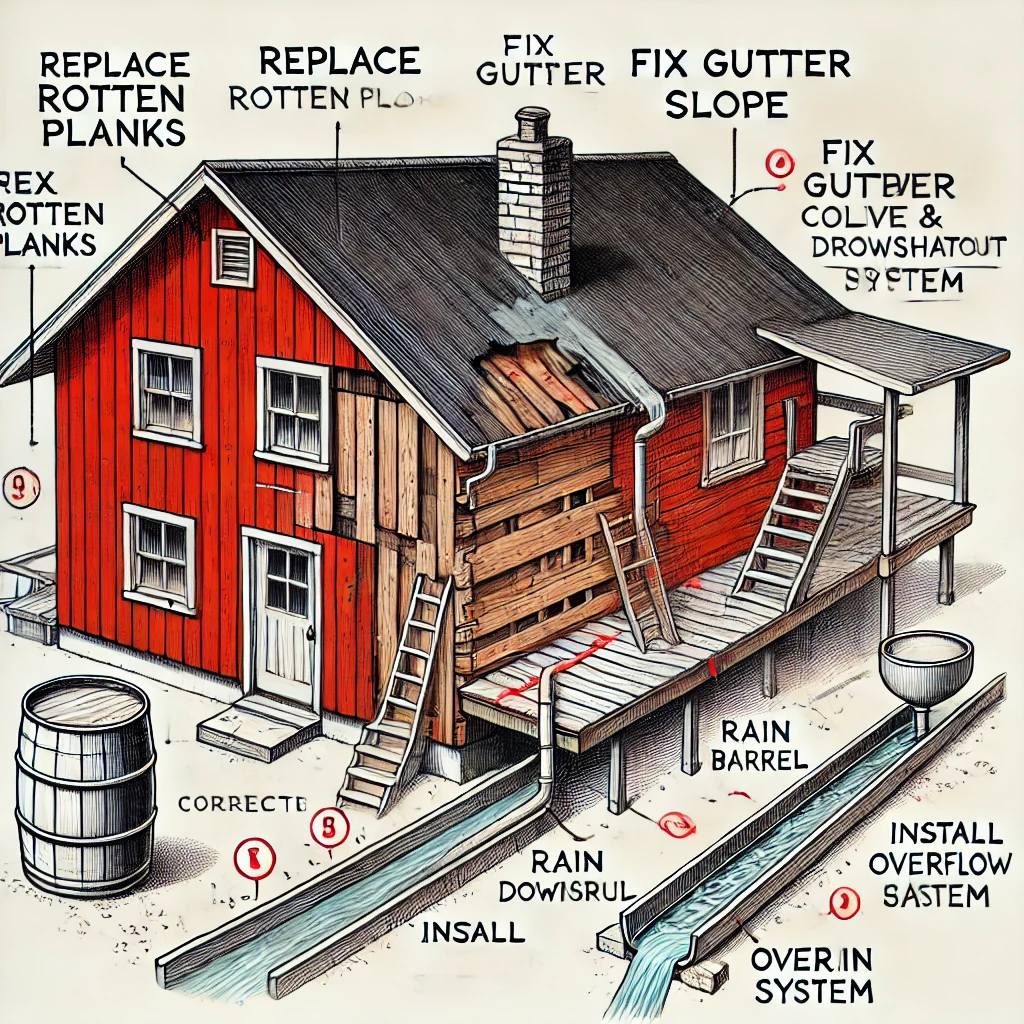
Grandpa you do not know anything about digital
by bernt & torsten
The other day at work, I was going to help a young fellow with a problem with a WordPress website, he had been referred by a colleague of mine, when this young fellow some – he just said “Grandpa you do not know anything about digital” and that was the end of our interaction.
How do you respond to that, should I have gone ballistic “telling him that without my generation there might not have been a digital age” or just ignore. My “Norse” ancestry kicked in, so I just ignored, I couldn’t stop thinking about the episode, what did he mean with looking at me and saying “Grandpa you do not know anything about digital”.
I was thinking what is digital, is it the 1 and 0 that computers have used to digitize data since the early days of computers, or was this something to do with current times buzzwords that uses “digital” in them, e.g. digital economy, digital transformation, digital marketing, digital technology.
“The Biggest Tech Industry Buzzwords, Defined for Normal People”
I took a look at what the definition of the word “digital” means, checking out dictionary.com the definition is:
- displaying a readout in numerical digits rather than by a pointer or hands on a dial: a digital speedometer; a digital watch.
- of, relating to, or using numerical calculations.
- of, relating to, or using data in the form of numerical digits: a digital image;
And a quick look at thesaurus.com revealed the Synonyms for digital:
“analog, brain, calculator, CPU, laptop, mac, data processor”
Either the dictionary is out of touch and needs updating or this is what “digital” means and that is what I thought, I had not got an answer to what “digital” from a young person’s perspective means. So I have to dig a bit deeper to understand this.
Digital Technology
I took a look at the digital technology used today, and to get a viewpoint on when they were created, I created a little timeline:

Prior to 1989 technologies were very much proprietary, were technology companies often built the hardware, operating system and the applications. Personal computers were invented back in 1975, the first Apple I, came in 1976, not before 1980 it became a general public product.
It took time in the early days for technology to mature, there were technology hurdles to overcome such as CPU speed, memory and storage. The first server I worked on was a Philips Telecommunication computer 8-bit CPU that had 16kb memory limited, overtime in got better we got 32kb, then 64kb then the big leap to 128 kb – with these limits, we still manage to create a solution for the financial industry at the time.
Here is a great article on the history of computer data storage.
Another hurdle was networking, most of the networking in the 1980s was using networking protocols that were invented for terminal connecting to mainframes e.g. IBM 3270, IBM SNA.
I worked on retail banking applications and self-service banking solutions in the 1980s, the systems that we delivered to our clients used mostly IBM SNA to connect to mainframes or the IBM 3270 which we used with the Automatic Teller Machines (ATM) to connect to the ATM controller.
When TCP/IP came, that changed the networking as we knew it, TCP/IP became the default standard for networking which we use today. This opens up the doors for the creation of the public Internet and made people all connected over the world and the early smartphones were introduced in 1995.
I remembered two projects I worked on in the mid-1980s, these were futuristic projects one was about the “The Paperless Office” the project was initiated to look at reducing papers in offices and to digitize all documentations. The other project was “Branch banking for the 1990s”, which was looking at reducing the risk for robberies and the management of cash in bank branches.
The major driver for these projects was to look at how you can reduce the cost of having people managing paper as in banks they had to store all copies of a loan application, mortgage application, and any other paperwork, to store paper copies required staff and storage space.
For “branch banking for the 1990s, the idea was to look at how to make money handling safer, having teller machines or other types of machines would lower the risk for a bank branch to be robbed, machines also replaced people and required less retail space.
Automatic Teller Machines (ATMs) have pretty much looked the same since the 1980s, the form factor is the same, you can install one through the wall, drive up, lobby models, the changes have come inside the ATMs, the processor was in the early 1980s proprietary processors, in early 1990 the processors had been switched to use personal computer, which is what’s used today. Networking improved in the 1980s from the IBM 3270 to TCP/IP which improved uptime, and the need for offering offline modes. It’s time to replace the ATM with digital currency to reduce the need for using them.
Experimental as these projects were, the technology was holding us back, and if I look at the technology today and how “paper” has changed to become “data”, we are starting to realize the promises of the projects, I worked on back in the 1980s. We can achieve paperless offices, by storing everything digital in the cloud, and we can realize branch banking today by adopting digital currencies, to get there it will take another generation before this is realized.
So what is then “Digital”, does it have to do with how we define generations, is it a generational gap.
Generations
I belong to the late Baby Boomers generation and we were the first generation that had the educational option to study technology. After education, we could be either a system analyst, hardware engineer or in the operational department. Of course, there were project managers and we did also have processes that were similar to what the Agile process is today.
Then Generation X came along after the Baby Boomers, they became the first generation that started using personal computers at home, and learning computer programing from home, they had much more options of studying computer science, the computer courses offered by Universities was more comprehensive than during the Baby Boomers time. Also, the computer science roles had expanded and there were more people in general involved.
Millennials, are the one generation that has grown up with game consoles, laptops, internet access, smartphones, the number of computers science courses has gone outside of the universities with many offerings online, as well as many got to use computers from primary school. Computer science roles have evolved.
Generation Z, is the first generation not to have experienced life without information and communications technology and social media. They are the future in evolving computer science to the next level, the data science, AI engineers will come from here.
As computer science has evolved, with many more generations involved in the tech industry at the same time, I still don’t think this is the issue with me being called “Grandpa you do not know anything about digital”.
Marketing
Is the way companies are innovating themselves, by using marketing and buzzwords to get ahead of the competition that is the issue behind “Grandpa you do not know anything about digital”
I think it has something to do with the definition of “digital”, I took a look at some slogans that have been used over the years
- The Internet Will Create a “New Economy” in the 1990s
- The Internet Will Create the World Community in the 1990s
- The Internet Will Spread Democracy in the 1990s
- The Digital Age Will Make Us All Get Smarter in the 2000s
- The Digital Generation Will Save Us in the 2000s
- Digital Technologies Will Narrow the Wealth Gap in the 2000s
- The Internet Will Make Us Better Informed in the 2000s
- Digital Transformation: From buzzword to value creation in the 2010s
And there are 100 and 100 of these phrases that been used online, in ads, in articles in papers, we are getting duped by these messages. What lays behind these.
I think traditional companies with the help of analyst firms, PR companies, management consulting firms use “Buzzword” to sound current, it’s a way to distance himself from the competition and seem to show that they are onto something new.
I found this example of a company rebranding old to look new from the Mckinsey & Company website, Mckinsey & Company was formed before 1926, and is a Management consulting company.
They say on their website – “From supply chains to production to customer experience, digitization is transforming the way industry functions-and unleashing global opportunities for value creation.”
It’s pure lip service and in the age of digital transformation, are we getting misinformed?
Conclusion
Maybe what I have to do, is to rebrand myself by changing my job title to something with the word digital in it. Throughout the computer age, many buzzwords have been used from the electronic age, information technology, digital age, dot-com, digital information, internet of things, gamification etc.
It comes down to a combination of how companies marketing new technologies by branding them in new buzzwords and how generations talk about technology. A great article to read Generation Gap: How Technology Has Changed How We Talk About Work
The next leap in the digital revolution is the Data Economy – I suggest that you take a look at the book Data-ISM by Steve Lohr.
I’m happy to know that the person that told me “Grandpa you do not know anything about digital” in the near future may be called by the next generation “Grandpa you do not know anything about quantum computing”
If you found this article interesting, feel free to comment below.

Tech Disillusionment
For four decades, I have worked in the tech industry. I started in the 1980s when computing...

A Poem: The Consultant's Message
On a Friday, cold and gray,
The message came, sharp as steel,
Not from those we...

Using AI to Plan Wall Repair and Gutter Installation
In this article, I will share my experience using AI to plan the work required to fix a wall...